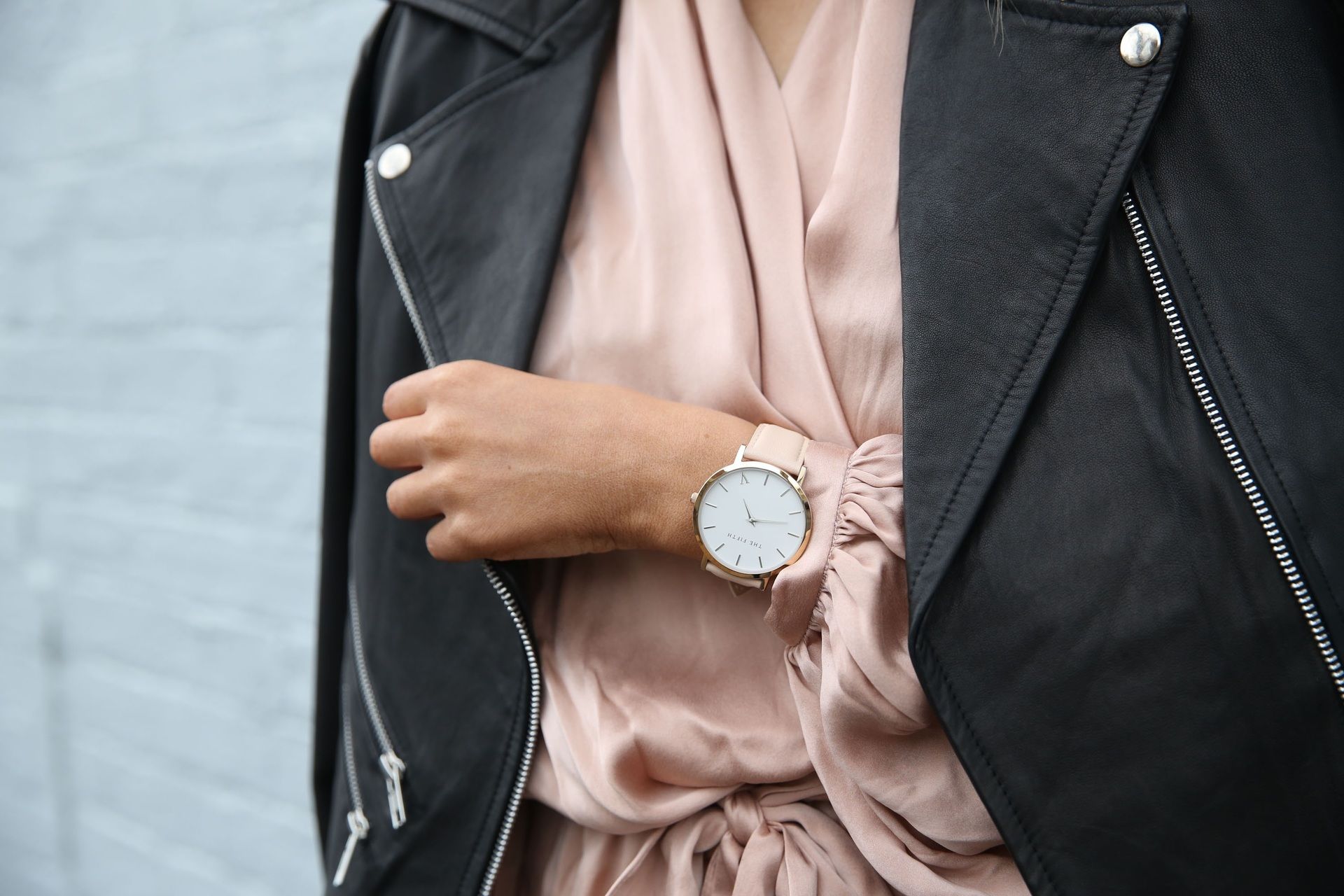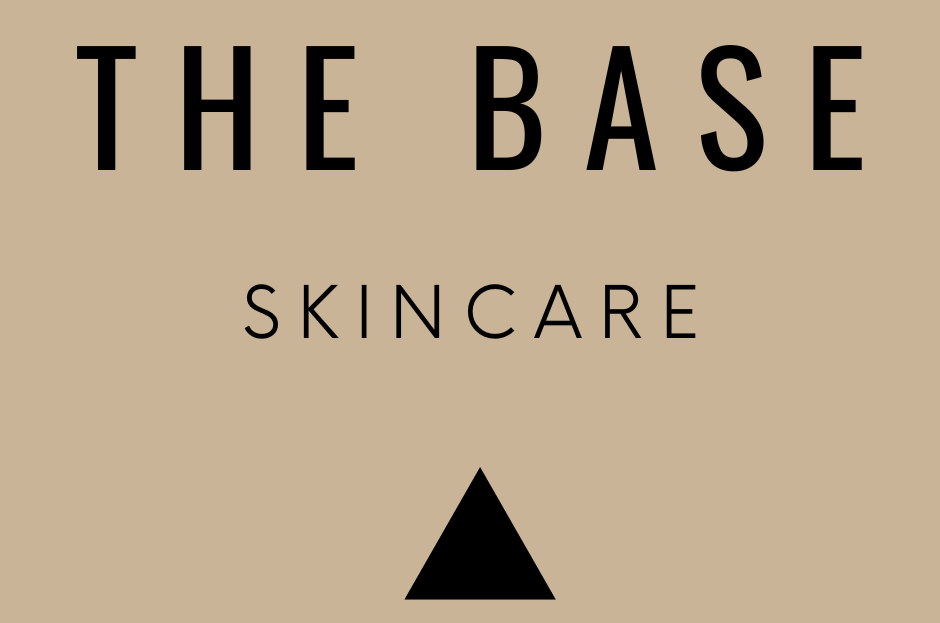3 Ways The Transition To Spring Affects Your Skin & How You Can Tackle It
The Base Skincare • May 4, 2023
Why does our skin change in the springtime?
During the change in seasons from winter to spring the temperature and humidity levels start to rise. With the days getting warmer and the air holding more moisturise your skin has to adapt. Multiple things take effect on your skin during this transitional period and we are here to break them down and help you tackle them so you can have great skin all year round.
More sweating equals more breakouts
As the temperature rises over the spring months the days become longer and the warm air coats our skin although this sounds dreamy to most of us it does come with some downsides. Unfortunately, when the temperature rises we produce more sweat to keep ourselves cool which in turn can wreak havoc on our skin increasing oil production which may lead to more breakouts.
How can you combat this?
Ensure to wash your face twice a day morning and night, this keeps your skin clean and helps control your oil production and keep it at bay. Another thing you can do is switch out your richer moisturiser for something more lightweight to help prevent your pores from becoming clogged which could lead to more breakouts.
Increased UV Exposure
The warmer weather also means more exposure to harmful UV rays, especially when spending more time outdoors. Increased exposure to UV rays can lead to premature ageing of the skin and sun damage such as wrinkles.
How can you prevent this?
Make sure you wear a high SPF every day even when it's not sunny outside you can still be exposed to UV rays. We have a wide range of sunscreens available so there is something for everyone.
Allergies
If you’re someone who suffers from allergies springtime can be an uncomfortable time for you, with new plants, flowers and trees blooming it causes reactions such as itchy, watering and swollen eyes, runny noses and in some cases headaches. But what does this have to do with your skin? When experiencing these symptoms you may be touching your face more rubbing your eyes wiping your nose etc, this means bacteria from your hands and anything else you have touched then gets put directly onto your skin leading to clogged pores and causing breakouts. Also by rubbing your face too often you can create fine lines.
How can you deal with this?
Stay on top of your allergy medications and remedies, ensure you wash your hands frequently and try to avoid touching your face where possible.
Have more questions for our team?
No worries just get in touch with us today and we can help you out! Contact us today.
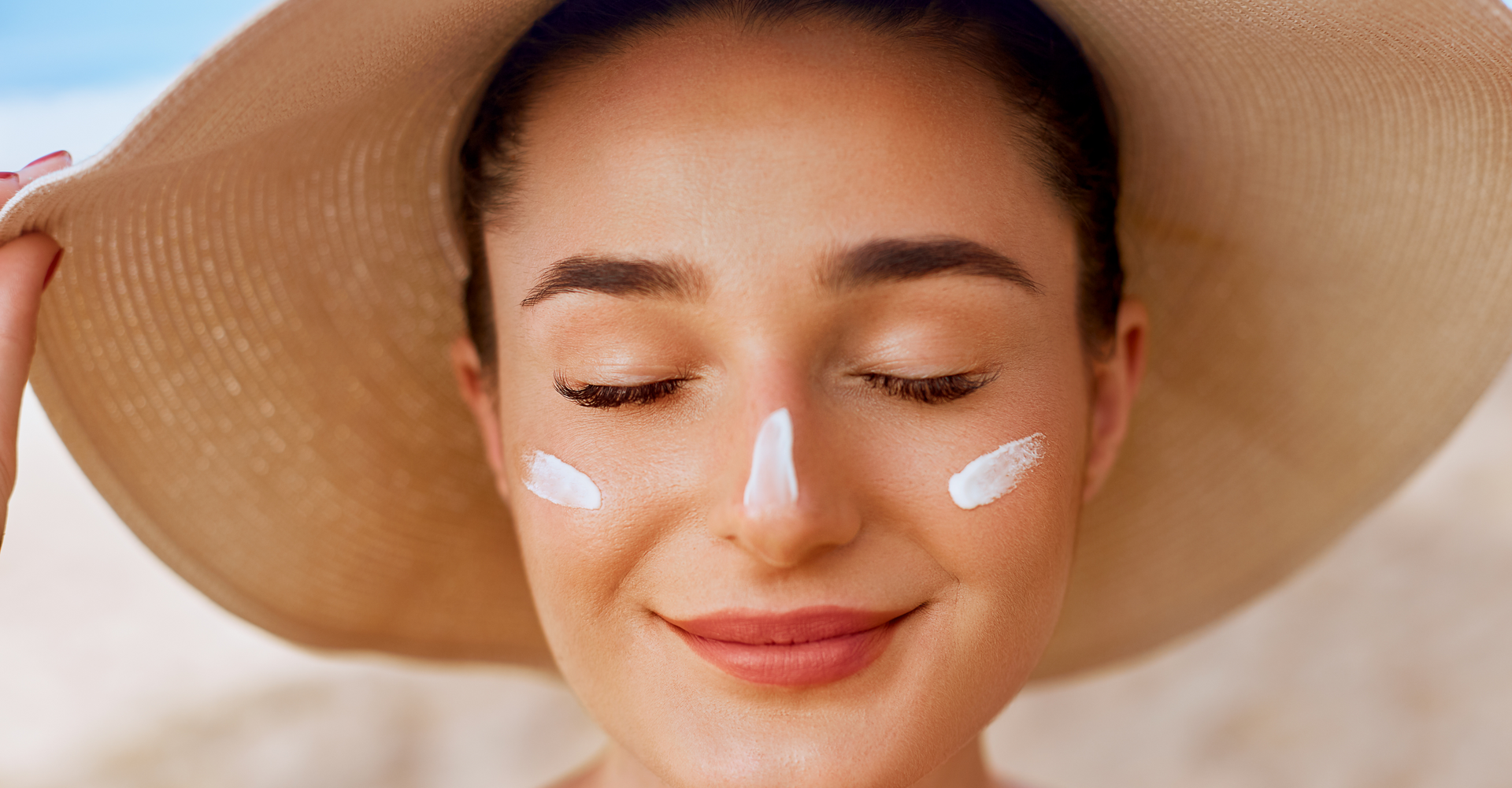
As skincare grows in popularity many of us want to try the exciting new products on the market, from the colourful masks and pretty tools but are we forgetting about the basics that are essential to good skin health? For most people sunscreen or SPF is something we associate with the summer months and going on holiday to stop the sun burning us, but did you know you are supposed to wear it all year round? Yes even in the winter months and rainy days (which we have plenty of). Why should I wear SPF every day? A broad-spectrum high SPF is a powerful barrier between your skin and the harmful UVA and UVB rays we are exposed to every day. Think of it as your amour for the outside world, therefore when choosing an SPF it's important to ensure you have one that is a high factor. Why are UVA and UVB rays bad for the skin? Ageing of the skin - UVA and UVB rays are responsible for 90% of the skin's visible ageing, yes 90%! These rays damage the elastin, collagen and cells of the skin which can lead to discolouration, fine lines and wrinkles. Sunburn - When most people think of SPF they think of the risk of sunburn which when happens repeatedly can increase the risk of skin cancer and other skin issues such as blistering. Ouch!! Skin cancer - Sunscreen helps lower your risk of developing skin cancer, those who are outside frequently or are in water a lot should definitely use a higher factor SPF of at least 30 or above and should reapply this every 2 hours. Skin Inflammation - Being exposed to the sun can be especially challenging for those who suffer from rosacea or psoriasis causing painful redness and inflammation. Looking for a more gentle SPF containing zinc oxide or titanium dioxide is recommended for those with these conditions. Skin discolouration - Skin discolouration is also known as "sun spots" or "liver spots" which are often tan or brown in colour and can be difficult to deal with. They often appear on the face, hands and arms. How can you book in to start your skincare journey? Just go to our bookings page where you will find a link to our booking system which is open to everyone! From there you can select the treatment you think is best for you (we can advise you on what we think you would benefit from if you are unsure) or you can book a free consultation to discuss your skin concerns with us and find the best products for you! Have more questions for our team? No worries just get in touch with us today and we can help you out! Contact us today .
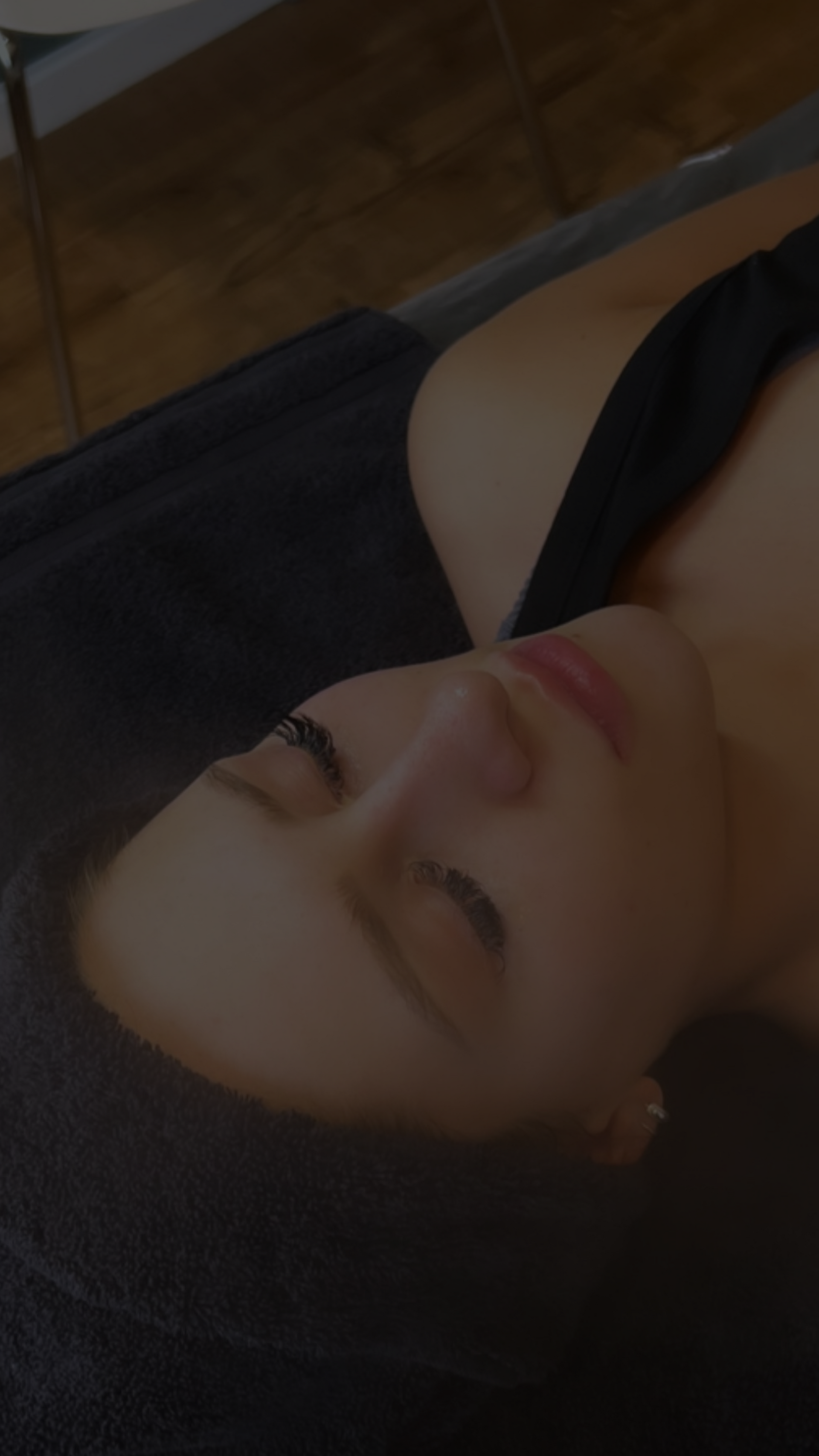
During the bank holiday weekend, I decided to make a change to my skincare and get the most out of my skin, so I booked The Glow facial at The Base Skincare. Excited was an understatement with this being my first ever facial and I knew I was in the best hands with Kate Stafford. A breakdown of my visit I arrived at The Base and made my way to treatment room 1 the home of The Base Skincare (the most relaxing setting) I felt at ease straight away and Kate explained exactly what I needed and what the treatment would entail. I had been suffering from breakouts on my cheek area along with dry skin and decided to begin with the best option would be The Glow designed to promote healthy skin by stimulating oxygenation and circulation through both product and massage techniques, a great introduction to facials that will replenish the skin. The Glow facial experience To begin a double cleanse of the skin to remove dirt and excess oils without stripping the skin, followed by the most amazing facial massage with steam (my favourite part) to help open up the pores so that the skincare products can really get deep into the skin and work there magic. Next was a gentle exfoliation to remove the dead skin cells from the surface and unclog the pores of any dirt that was deeper into the skin. It doesn’t end there . . . my skin was then treated to a nourishing face mask that was calming and hydrating on the skin which was later removed with a soft flannel and warm water (you can imagine how relaxing this was) and finished with a hydrating moisturiser and the most important part SPF! So I could enjoy the rest of my day with glowing skin that was protected from the UV rays! The results of The Glow facial I left my facial completely relaxed with beaming, glowy and healthy skin and a new Alumier MD skincare prescription to carry on my skincare journey at home with the addition of facials by Kate. Next on the list will be a targeting facial specifically the Deep Cleanse recommended to me to help with my breakout-prone skin and I can’t wait! The next day my skin already looked better my breakouts were less angry and had gone down in size significantly which made me feel amazing! My skin looked dewy and radiant and I will definitely be keeping it up at home! How can you book in to start your skincare journey? Just go to our bookings page where you will find a link to our booking system which is open to everyone! From there you can select the treatment you think is best for you (we can advise you on what we think you would benefit from if you are unsure) or you can book a free consultation to discuss your skin concerns with us and find the best products for you! Have more questions for our team? No worries just get in touch with us today and we can help you out! Contact us today .
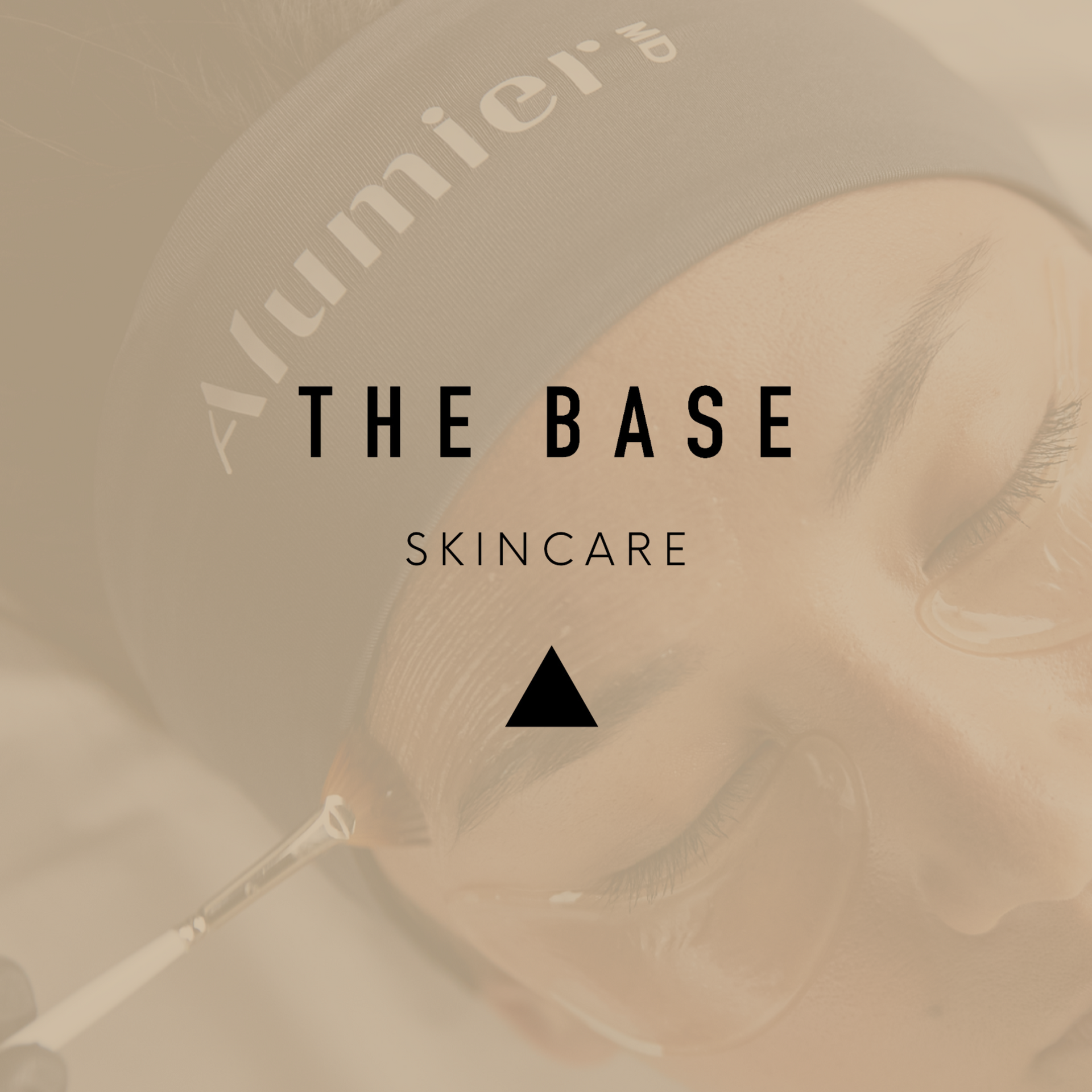
We are excited to announce the launch of The Base Skincare! We will be holding a fantastic launch event on Saturday 29th April 2023, you won't want to miss it! Join us in celebrating the launch of The Base Skincare, with the incredible medically formulated Alumier MD skincare, demos, skincare tips and advice, free samples to try at home and a complimentary glass of fizz! What can you expect? We are super excited to share our brand new business The Base Skincare with you! Our launch event is an opportunity for us to share with you the amazing benefits of Alumier MD clinical skincare and the treatments available. Alumier MD is made with the highest-grade ingredients that achieve unbelievable results for all skin types so whether it's rosacea, discolouration, acne, or fine lines and wrinkles you struggle with there is a treatment for you! If you’ve never been to The Base come and see what we have to offer! EVERYONE IS WELCOME! When you start taking care of yourself, you start feeling better, you start looking better and you even start to attract better. It always starts with you. Take real good care of yourself!
